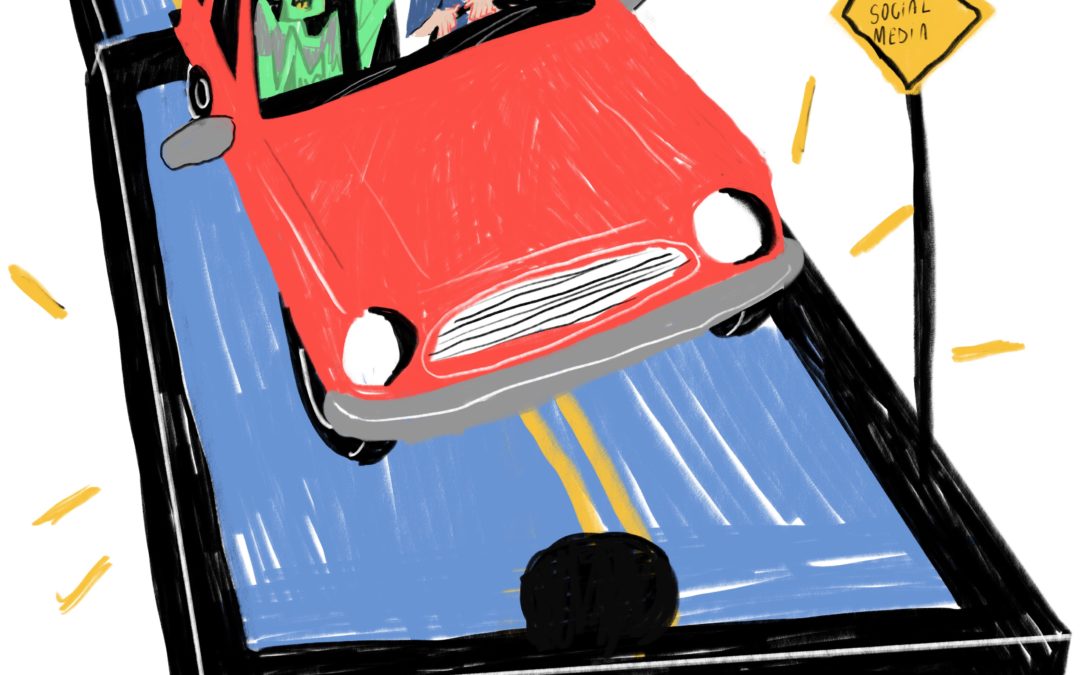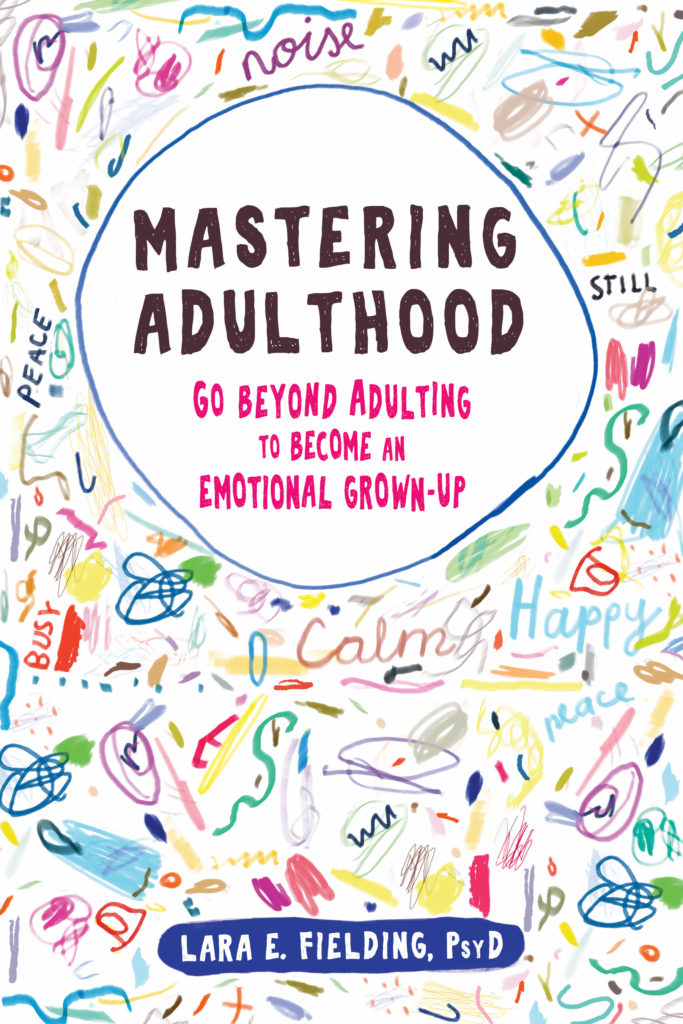The “Passengers on the bus” metaphor was developed by Steven Hayes, who developed Acceptance and Commitment Therapy (ACT). It’s a very useful way of thinking about our internal experience (versus external), and an excellent place to begin your journey to self discovery. So, I will share it here (You may also find a more recent version of this metaphor here)……
Imagine your life is like a bus. You are the driver of this bus. From the moment your life begins on the road of life, you begin to pick up passengers. Passengers come from all of our unique life experiences, and form the symphony of emotions, beliefs, bodily sensations, and impulses inside you. The road, on the other hand, represents the situations and people we encounter. These things are on the outside. (No, your ex girlfriend or boyfriend cannot get on your bus). But the associated thoughts and feelings related to relationship, can get on the bus. Get it?
How Passengers Influence Us
Some passengers are benign, which don’t affect us very much. But some experiences and people on the road leave indelible marks on us. They form our ideas about what we can expect from the world. Ideas related to whether or not we are safe. Ideas about what we can or should expect from the world, our ability, etc. So, while some of these passengers sit quietly, others can be like scary thugs that influence the way we drive our bus – the choices we make.
Passengers tend to come into awareness whenever we need to move in the direction of something of importance to us; a new relationship, a new job, change of some kind. They make us quite uncomfortable when they come into awareness. So, we develop emotional habits – ways of thinking and behaving – to ensure that these passengers stay at the back of the bus, and out of our awareness. It is as if we develop a deal with the passengers, “You guys stay at the back of the bus, and I’ll go where ever you want.”
How Emotional Habits Take us Off Track
Emotional habits are actions and ways of thinking that protect us from the uncomfortable internal experiences (Passengers). These become our tacit solution to the problem of difficult internal experience. And they can be very helpful. After all, we began using them for a reason! But as the road of life changes, or our habits become over used, they begin to be less effective. Often times, this is because we are reacting to old programing (passengers) rather than the road itself. The problem is, these ways of thinking and behaving become reinforced because they reduce discomfort. Just as we can become addicted to a substance because it takes away our discomfort, we can literally continue old habits, hoping for the same reduction in discomfort.
This metaphor is not to suggest that your experience is not happening, that your experience is not real. In fact, in most cases, there is genuinely something objective in the world (on the road), which triggers these thought and feeling passengers. The goal of Mindful-mastery, the key to living an adaptive and effective life, is to help you to decipher, what is an objective fact (on the road), and what is a passenger, and then drive (behave) as skillfully and effectively as possible to reach your ambitions!
A related example I often use with clients in the tissue box metaphor. Because there is always a tissue box in my office, I use tissue box. Now, the tissue box is factually there. All agree on this fact. However, if I had a memory from childhood of kids throwing tissue boxes at me and calling me names, I may have a very different internal experience (passengers) of anxiety or fear related to tissue boxes. In my behavior or body language, I might start to tense up, move away from the tissue box, or try to convince you that we should move away from the tissue box. This would, of course, seem very odd from the outside. But would it not make sense now, that you know my past experience?
So, the first question you need to answer is “What are your passengers?” “What are your tissue boxes?” What objective facts trigger passenger reactions in you? And how are they diverting you from moving in the direction of the life you want? Can you answer these question? What facts on the road trigger old passengers in you? Can you recognize when this is happening and respond mindfully, rather than reacting in auto-pilot?
If you’d like to learn the step by step process for how to be the adult you want to be, I hope you’ll check out my book Mastering Adulthood: Go Beyond Adulting to Become and Emotional Grownup !
To get even more helpful skills for Mastering Adulthood, sign up for the Mindful-Mastery SKILL WEEKLY newsletter, or follow me on Facebook, Twitter, or Instagram. Or YouTube for skills videos!
If you found this blog helpful, or have any questions, I’d love to hear from you! Do send me a message in the comments section, or reach out from the email link at the top of the page.


